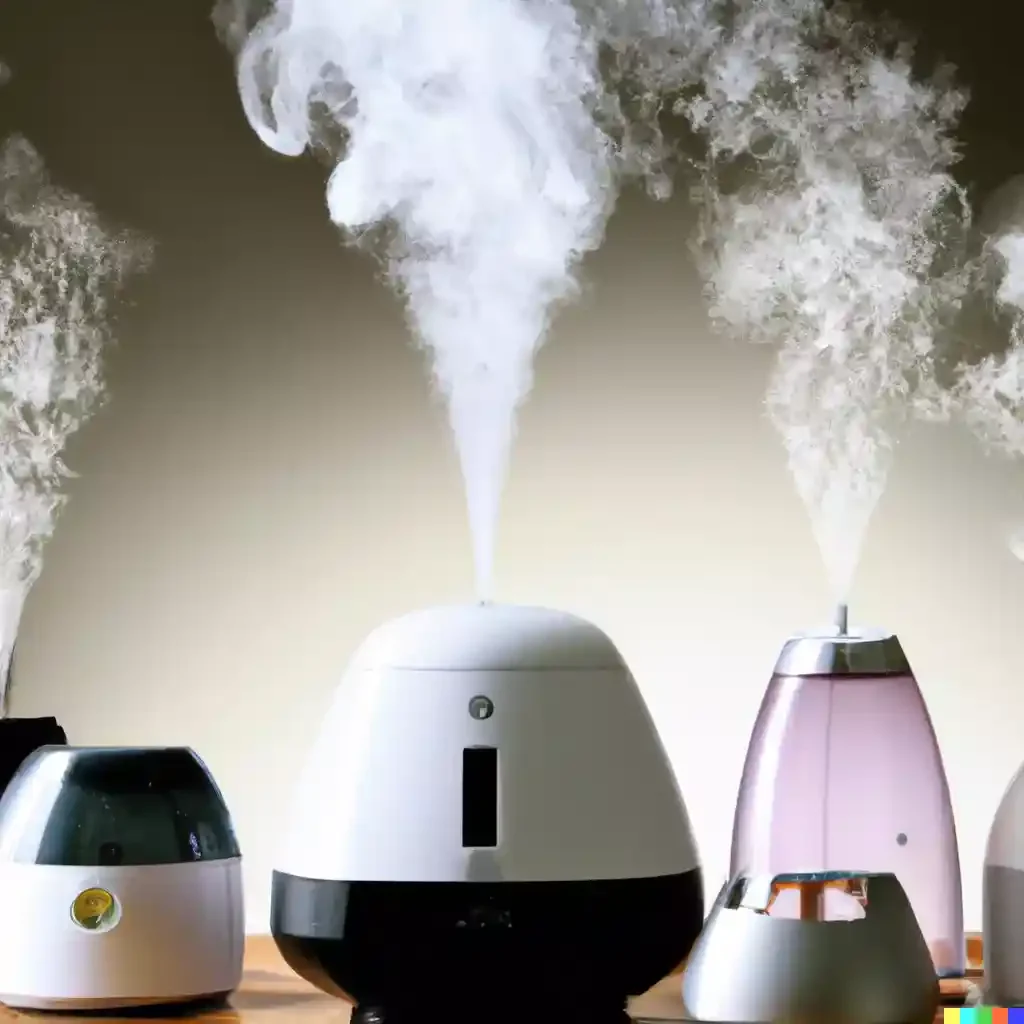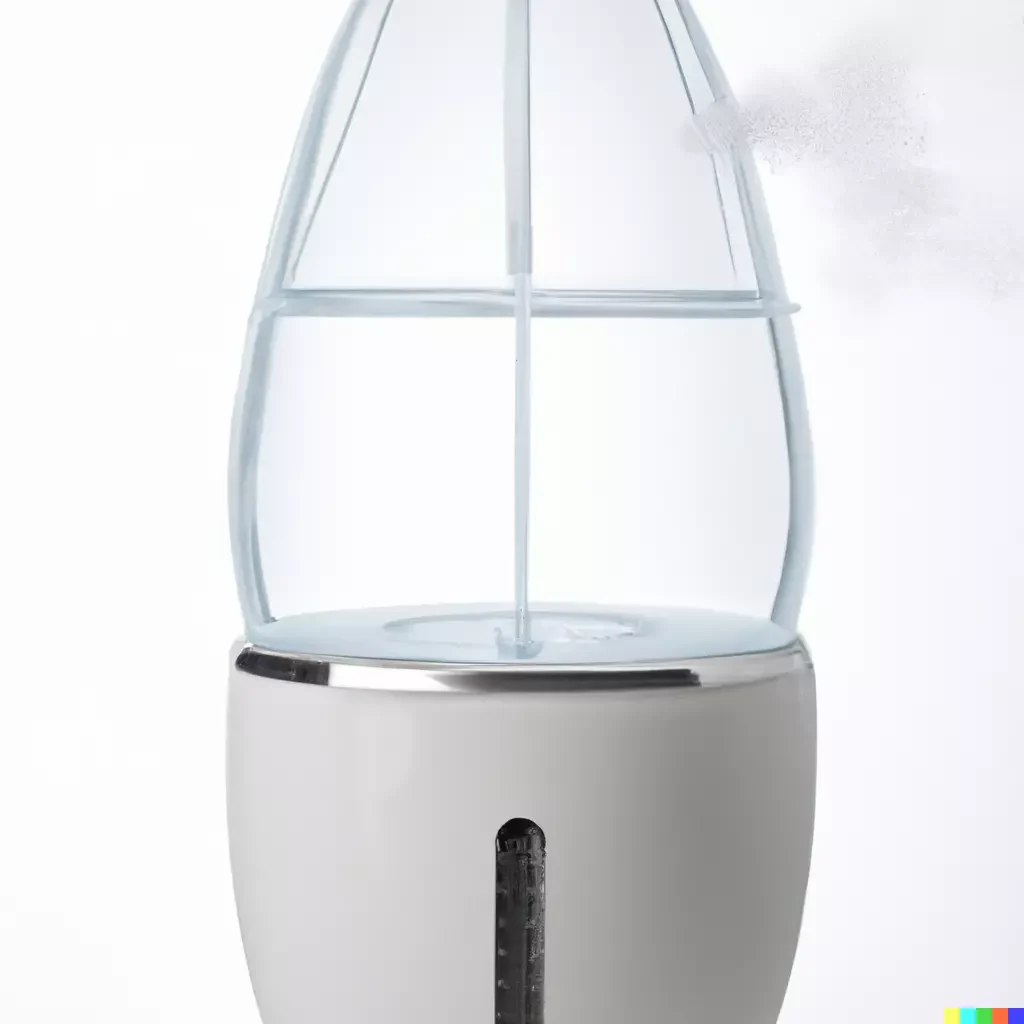Distilled water is the best type of water for a humidifier to prevent mineral buildup and to ensure clean mist. Using tap water may deposit minerals and impurities into the air, potentially causing respiratory issues.
It’s important to use the right type of water to maintain the effectiveness and safety of your humidifier. Distilled water, which is free from impurities and minerals, will provide clean mist and prevent any potential health hazards associated with using tap water in the humidifier.
This article discusses the importance of using the correct type of water for your humidifier and how it can affect the air quality in your home. By understanding the significance of the water used, you can ensure the best performance and safe use of your humidifier.
The Importance Of Water Quality For Humidifiers
The type of water you use in your humidifier can have a significant impact on the air quality in your home. Using distilled or demineralized water can help improve the air quality by reducing the buildup of mineral deposits in the humidifier and preventing the dispersal of impurities into the air. The water quality directly affects the performance and longevity of the device, ultimately affecting respiratory health. Research suggests that the correlation between water quality and respiratory health is notable, making it crucial to carefully consider the type of water used in your humidifier. By choosing the right water, you can ensure that the air in your home remains clean and safe for you and your family.
Distilled Water: The Ultimate Choice For Clean Air
Distilled water is generally considered the best choice for use in humidifiers. It undergoes a process of distillation, where impurities and contaminants are removed through heating and condensation, resulting in clean and pure water. The benefits of using distilled water in humidifiers include preventing mineral buildup and white dust, which can adversely affect air quality. However, a drawback of using distilled water is the cost, as it is typically more expensive than other types of water.
Additionally, some argue that the lack of minerals in distilled water may not provide certain health benefits. It’s important to weigh the pros and cons of using distilled water to make an informed decision for your humidifier.
Purified And Filtered Water: A Viable Alternative
Considering the type of water for a humidifier, purified and filtered water stands out as a viable alternative. This type of water helps maintain the humidifier’s longevity and prevents mineral buildup, ensuring better air quality for improved respiratory health.
| Different purification methods for water | How filtration systems work in improving air quality | Comparative analysis of purified and filtered water |
| Purified water can be obtained through distillation, reverse osmosis, or deionization processes. These methods ensure the removal of contaminants and impurities, resulting in high-quality water for humidifiers. | Filtration systems utilize various technologies to eliminate harmful particles, dust, and bacteria from the water, thereby contributing to cleaner and healthier air within the environment. | Comparing purified and filtered water, both options offer enhanced purity and safety for humidifier usage. While purified water undergoes rigorous purification processes, filtered water also provides effective removal of pollutants. |

Tap Water: Risks And Considerations
Using tap water in a humidifier may introduce common contaminants, such as minerals, sediments, and bacteria into the air. These impurities can impact the air quality and potentially lead to respiratory issues. To mitigate these risks, it’s advisable to use distilled or demineralized water in humidifiers, as these options are typically free of the aforementioned contaminants. Regular cleaning and maintenance of the humidifier are also essential to prevent the buildup of harmful microorganisms. Additionally, utilizing a hygrometer to monitor the humidity level can aid in preventing excessive mineral deposits in the device. By taking these precautionary measures, individuals can promote safer and healthier air in their living spaces.
Frequently Asked Questions On
What Type Of Water Is Best For A Humidifier?
For optimal performance, it’s best to use distilled or demineralized water. These types of water are free from minerals and impurities, preventing mineral build-up in the humidifier and ensuring clean, healthy mist for your environment.
Can I Use Tap Water In My Humidifier?
Using tap water can lead to mineral deposits and impurities being released into the air. This can cause health issues and damage to your humidifier. It’s recommended to avoid tap water and opt for distilled or demineralized water for the best results.
Is Filtered Water Suitable For My Humidifier?
While filtered water is better than tap water, it may still contain minerals and impurities that can affect the performance of your humidifier. For optimal results, choose distilled or demineralized water, which ensure a clean and healthy mist without mineral build-up.
Why Does The Type Of Water Matter For A Humidifier?
The type of water used in a humidifier directly affects its performance and the quality of air it produces. Using the wrong water type can lead to mineral build-up, reduced effectiveness, and potential health risks. Choosing the right water is vital for a safe and efficient humidifier experience.
Conclusion
When choosing the right water for your humidifier, it’s essential to consider the mineral content and potential impurities. By using distilled or demineralized water, you can prevent mineral buildup and maintain the efficiency of your humidifier. Additionally, using the appropriate type of water can help to provide cleaner, healthier air for your indoor environment.
Ultimately, making an informed choice about the water for your humidifier can ensure optimal performance and better indoor air quality.





